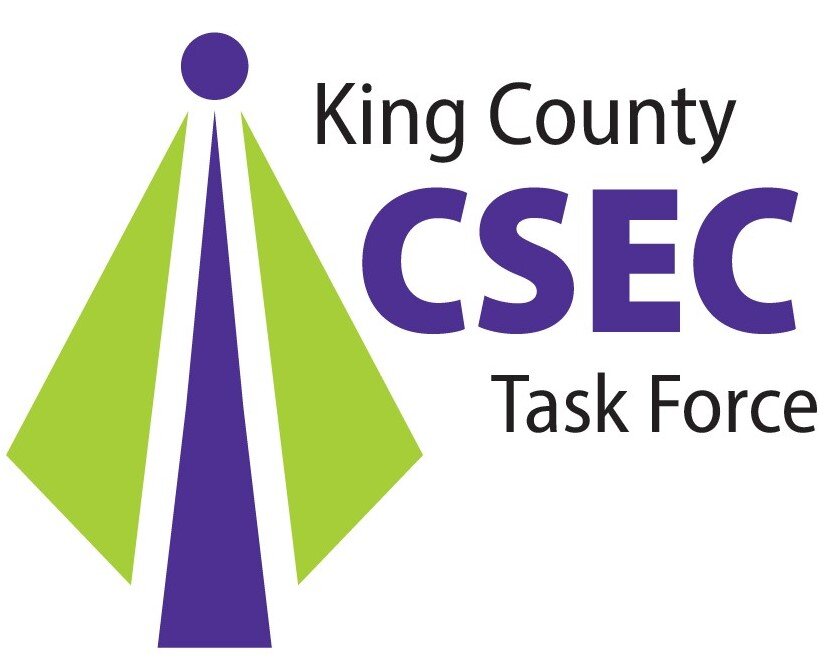Understanding Historical Indigenous Practices & Acknowledging Relevant Cultural Factors Addressing Sexual Violence in Indigenous Communities
Date: August 1, 2024
Time: 11:00 am - 12:00 pm ET / 8:00 am - 9:00 am PT
Cost: Free
Guest Speakers: Tasha R. Mousseau, Lawrence Ellerby, & Christopher Lobanov-Rostovsky
Hosted By: David Prescott, LICSW, ATSA-F
This webinar is primarily intended for professionals working with Indigenous communities on issues related to sexual violence, including prevention, intervention, and support for survivors.
There are several reasons why understanding historical Indigenous practices and acknowledging relevant cultural factors are important skills for professionals working with those who perpetrate or are affected by sexual violence. They include:
· Cultural context: Indigenous communities have unique cultural traditions, values, and practices that shape their perspectives on relationships, sexuality, and healing. Understanding this context allows professionals to provide more culturally appropriate and effective support.
· Building trust: Acknowledging the historical trauma and injustices faced by Indigenous peoples helps build trust between professionals and the communities they serve.
· Preserving cultural heritage: By recognizing and respecting Indigenous people’s practices, professionals can help support the preservation and revitalization of their cultural heritage.
· Empowerment: Acknowledging the value of Indigenous knowledge and practices empowers communities to draw on their own cultural resources for healing and prevention and minimize their reliance on external interventions.
This webinar addresses colonization and historical trauma experienced by Native American and First Nations peoples. It offers innovative strategies for incorporating this knowledge into prevention and intervention efforts. The speakers emphasize the need for non-Indigenous practitioners to approach their work from a decolonizing and trauma-informed perspective. Additionally, the speakers encourage participants to explore the idea of incorporating traditional cultural healing practices into their professional practice and collaborating with Indigenous spiritual advisors and elders. The open-dialogue format ensures that all perspectives are welcomed and respected.
Tasha Mousseau, the Chief Officer of Advancement and Tribal Relations at Friends of the Children, shares her perspective based on her Wichita, Kiowa, and Caddo heritage. Her work focuses on supporting Indigenous communities, with a particular focus on supporting youths and fostering community growth.
Chris Lobanov-Rostovsky and Dr. Lawrence Ellerby contribute their experiences as allies dedicated to supporting Indigenous people and communities in preventing sexual offenses and re-offenses.
Join us for this conversation on addressing sexual violence in Native American and First Nations communities, where we’ll explore culturally responsive approaches to healing and prevention.
Effective Psychotherapists
This instructive book identifies specific interpersonal skills and attitudes—often overlooked in clinical training—that facilitate better client outcomes across a broad range of treatment methods and contexts. Reviewing 70 years of psychotherapy research, the preeminent authors show that empathy, acceptance, warmth, focus, and other characteristics of effective therapists are both measurable and teachable.
Your Personal History
An essential component of mental health treatment is the gathering of important information about the client’s life history. The Your Personal History workbook provides a structure for this process. From simple yes/no questions to those that encourage short paragraphs of reflection, the workbook not only helps your clients reflect on important aspects of their lives, but it provides you with valuable insights into their thought processes.
A Compelling Idea: How We Become the Persons We Are
In A Compelling Idea, Sroufe helps clinicians notice the signs of attachment problems in their clients and provides insight into how therapists can provide the treatment clients need.
Sroufe draws from attachment theorists John Bowlby and Mary Ainsworth to show how therapists can work with clients to process past attachment-related traumas to develop a more secure attachment style and build healthier and more secure relationships.
Transcending Trauma
Examines trauma from a new and encouraging perspective—suggesting that post-traumatic growth (PTG) and even thriving are possible after experiencing painful events.
While Transcending Trauma is written primarily for health care professionals, all who are providing support to a survivor of any age will find the empirical evidence, practical guidance, anecdotes, and case studies valuable as they gently guide the trauma victim toward the resilient response necessary for post-traumatic growth.
